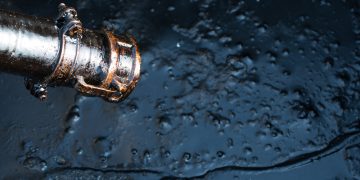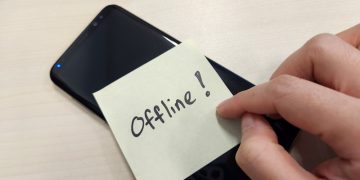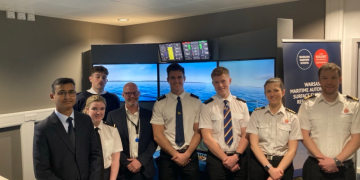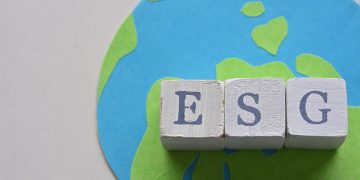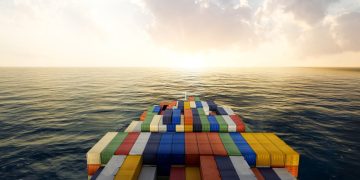Noise Code to become mandatory for new vessels this year
Code on Noise Levels On Board Ships enters into force on July 1st, 2014 On 1 July 2014, the International Convention for the Safety of Life at Sea (SOLAS) will be amended to make the 'Code on Noise Levels On Board Ships' (the Noise Code) mandatory for new vessels.The MSC 91, from 26 to 30 November 2012, adopted a new SOLAS regulation II-1/3-12 to require new ships to be constructed to reduce on-board noise and to protect personnel from noise, in accordance with the revisedCode on noise levels on board ships, also adopted, which sets out mandatory maximum noise level limits for machinery spaces, control rooms, workshops, accommodation and other spaces on board ships. The Code supersedes the previous non-mandatory Code, adopted in 1981 by resolution A.468(XII).The Code's purpose is to provide standards on preventing noise levels hazardous to human health and reduce seafarers' exposure to such noise levels.It gives consideration to the need for communication and the ability to hear audible alarms, the importance of protecting the seafarer from noise-induced hearing loss,and the provision of an acceptable degreeof comfort during rest hours. Introduction of the Noise Code will lead to changes in SOLAS, with Chapter II-1 Regulation 36 being ...
Read more



